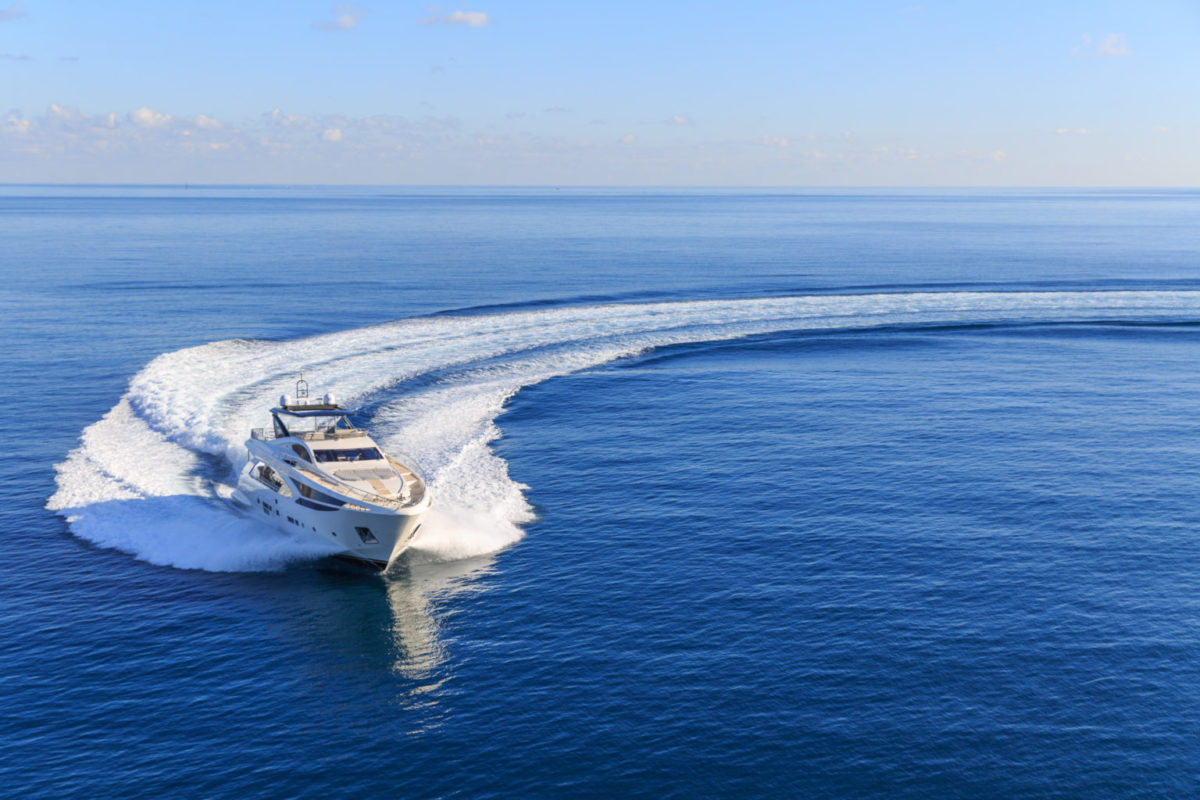Poseidon Marine H2 is owned and funded by Liberty Energy Capital, the fund behind many of Australia’s hydrogen vehicle plays, including H2X and Aviation H2. Poseidon H2, its marine unit, has brought in two engineers, Peter Mastalir and Kevin Morgan from consultancy Dynamic Efficiency, to “lead the development of an emissions-free pleasure craft.”
The company says the pair are now looking at taking the hull of an existing pleasure craft and “redesigning” it.
“Initially, we will be following a rigorous 10-month research and development process, then commence building the most commercially viable option,” Mastalir said. “We intend to use existing technologies as much as possible, which is why we are looking to use an existing hull design with a unique upper deck and internal layout.”
Poseidon H2 is owned by Liberty Energy Capital, an Australian investment firm with “significant positions” in 18 hydrogen-focused companies. Its investments include H2X Global, Patriot Hydrogen, Aviation H2, Sweetman Renewables, Verdant Earth Technologies, and Port Anthony Renewables Limited.
Liberty Energy Capital’s portfolio is heavy on biomass-to-hydrogen projects. It holds stakes in almost every company with biomass-based projects in Australia. Biomass is not a zero-emissions technology.
In November, Liberty Energy Capital’s Aviation H2 unit said it had appointed a team of engineers to fast-track the building of Australia’s first hydrogen-fueled airplane, which is set to fly by 2023.
Poseidon H2, meanwhile, seems to be aiming its hydrogen-fueled boat at ordinary consumers. It has described its design as a pleasure craft. That said, many have questioned the potential market acceptance of consumer hydrogen vehicles because they tend to be less efficient and more expensive that electric alternatives. Liberty Energy Capital is nonetheless backing them, with H2X very much focusing on consumer cars in its current vehicle rollout, which is expected to continue unveiling new models throughout this year.
“Our number one goal is to build a better boat, it just happens to be that it will be powered by hydrogen. The brief is to ensure it has an equivalent operational range, requires less maintenance and is cheaper to run than traditional fuel sources like diesel,” said Mastalir.
The company said it is confident that it will be able to create a model that allows for a new top to be seamlessly installed onto a repurposed hull. Once commercialized, it said it will lead to “quick uptake by significant players,” as the “majority of the infrastructure for a carbon-free boat is already at hand.”
Mastalir and Morgan have both been appointed to Poseidon H2’s board.
This content is protected by copyright and may not be reused. If you want to cooperate with us and would like to reuse some of our content, please contact: editors@pv-magazine.com.




3 comments
By submitting this form you agree to pv magazine using your data for the purposes of publishing your comment.
Your personal data will only be disclosed or otherwise transmitted to third parties for the purposes of spam filtering or if this is necessary for technical maintenance of the website. Any other transfer to third parties will not take place unless this is justified on the basis of applicable data protection regulations or if pv magazine is legally obliged to do so.
You may revoke this consent at any time with effect for the future, in which case your personal data will be deleted immediately. Otherwise, your data will be deleted if pv magazine has processed your request or the purpose of data storage is fulfilled.
Further information on data privacy can be found in our Data Protection Policy.